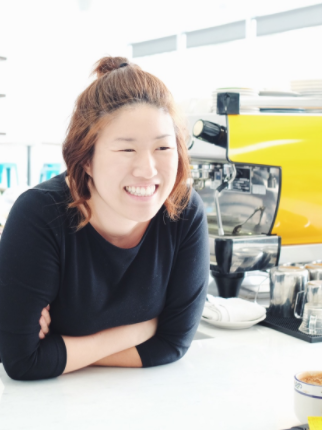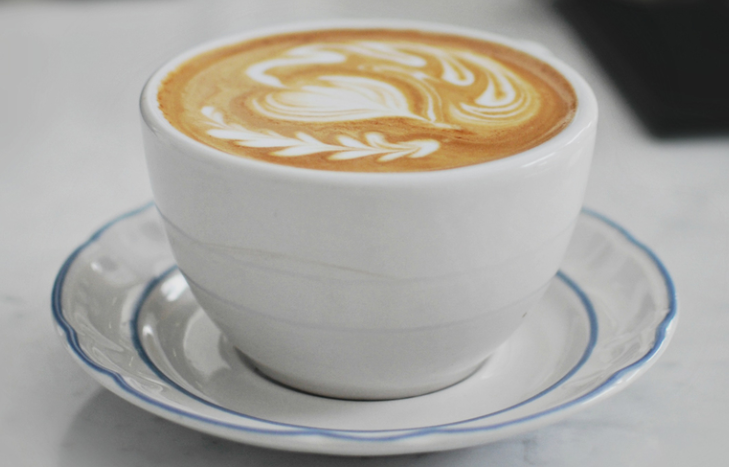This November, MHT is participating in the Miry’s List Friendsgiving Fundraising Drive. The money goes to programs that support refugee families that have been resettled in the United States. In tandem with these efforts, our clinicians are writing posts reflecting on what home means to them.
“...that is so much of what therapy is about—creating a home. ”
“Whoever you are, no matter how lonely,
the world offers itself to your imagination,
calls to you like the wild geese, harsh and exciting -
over and over announcing your place
in the family of things.”
- Mary Oliver, excerpt from the poem “Wild Geese”
When I think of the word home, I think first of a feeling…the feeling of a warm, summer night.
Home is sense of belonging, a sense of returning, of being found, of having a place—a place that waits just for you. That welcomes and loves you. Not so much a physical place but an emotional place. A place that can hold you, no matter what form you may arrive in. That remembers you, no matter how long you have been gone. That is the first thing I think of when I think of home.
And then, right after, I think of how often in the human experience we do not feel that. How often we feel the opposite of that—a lostness, a feeling of being strange to our self or to another, a homelessness. A longing for that feeling of coming home in the moments when it feels unreachable. To me, that is so much of what therapy is about—creating a home. A person, a place, an hour of the week, that is just yours. That holds and remembers you even when you feel strange and unfamiliar to yourself. That knows and welcomes you. And about how, over time, that sense of home becomes internalized—becomes not only a place that you go to with yourself and another in your hour each week, but a place inside yourself. What a lovely thing that is to build with another human.
HERE'S HOW YOU CAN PARTICIPATE IN FRIENDSGIVING WITH US:
Give! Visit our Miry’s List campaign page and make a donation. It's that simple and no sum is too small. Truly.
Follow! Be sure to follow us on Instagram and our blog throughout the month of November. We will be reflecting on what it means to be welcomed, received, and known.
Share! Help us spread the word. You can do this by sharing our social media posts or links to our Miry’s List Friendsgiving Fundraiser page.
******
A little about Miry’s List:
Refugee families come to the United States seeking a safe haven from violence and persecution in their home countries. They leave behind family and friends, as well as virtually everything they own. Many Americans, seeing these families in their communities, wonder: What can I do to help? Miry's List provides a mechanism for people to directly help new arrival refugee families with the things that they need to get started in their new lives – from diapers to beds to cleaning supplies and toiletries. To learn more, visit miryslist.org.
Chelsea Small, MSW, is an Associate Clinical Social Worker, ASW #78503 working under the supervision of Saralyn Masselink, LCSW # 28617. Chelsea believes in the wisdom of the therapeutic relationship to ignite transformative growth. She has extensive experience working with people impacted by trauma, domestic violence, and the effects of emotional dysregulation.





















